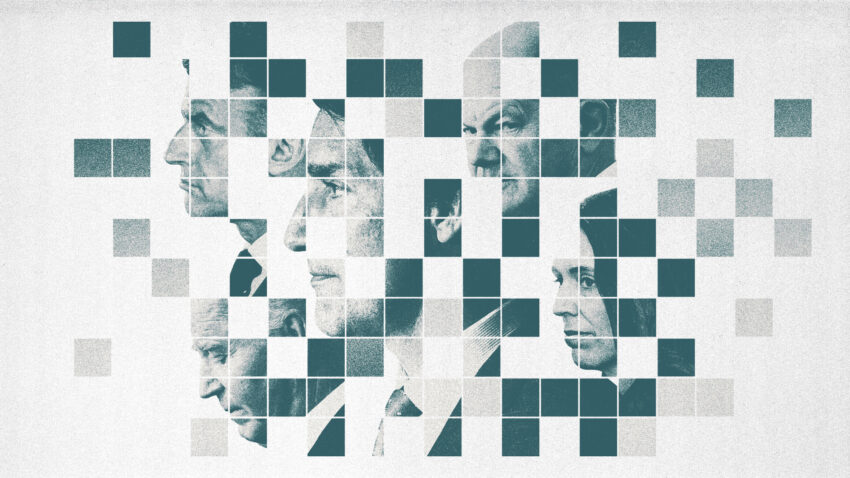But Fukuyama’s argument was about the power of ideas, said Ansell, and “we can chalk up one victory for him”. The idea of elections (regardless of how free or seriously taken) has come to prevail almost everywhere in the world. And that means democracy, whether liberal or not, “will always be in with a fighting chance”.
Discontent over rising inflation and migration, and a “backlash” against government measures imposed during the Covid-19 pandemic, is causing a “growing global disenchantment” with liberalism, said The Telegraph.
What next?
Trudeau plans to stay on as prime minister until a new leader of the Liberal Party can be chosen. Parliament will be suspended until 24 March to allow for a leadership race, but all three main opposition parties have said they plan to topple the party in a no-confidence vote when it resumes, so a spring election is likely. Whatever happens, a national election must take place by October, and the Liberals are on track for a “bruising defeat”, said The Telegraph.
The far-right Alternative for Germany may emerge as “the second-biggest party”, said Ishaan Tharoor in The Washington Post. That would have been “unthinkable just a few years ago” when Berlin – under the then chancellor Angela Merkel – “styled itself a bulwark of the liberal order”.
Scholz and Trudeau are both “politically tethered to a liberal establishment in the West that is in pronounced retreat”. Its values, including an embrace of globalisation, multiculturalism and environmentalism, are increasingly “seen as the aloof dogma of an entrenched elite”. It’s unclear whether right-wing opponents have the right solutions, but voters across the West are “eager for change and more open to anti-system politics”.
But now, the resignation of Canada’s Prime Minister Justin Trudeau, once “hailed as the poster boy of global liberalism”, reflects “the wider political trend that has upended the liberal consensus”, said The Telegraph.
From our morning news briefing to a weekly Good News Newsletter, get the best of The Week delivered directly to your inbox.
Sign up
What did the commentators say?
Thirty-five years on from “The End of History?”, Donald Trump’s victory in the US election “represents a decisive rejection by American voters of liberalism”, said Fukuyama in the Financial Times. Trump “not only wants to roll back neoliberalism and woke liberalism, but is a major threat to classical liberalism itself”.
Another “doyenne of the global liberal left”, the former prime minister of New Zealand Jacinda Ardern, “fell from grace” in 2023. Japan’s long-ruling Liberal Democratic Party lost its majority in October’s elections, its worst result in more than a decade. In France, the centrist President Emmanuel Macron is facing a “mounting challenge” from Marine Le Pen’s far-right National Rally party. Germany’s coalition government has collapsed and Olaf Scholz, the moderate chancellor, is expected to suffer a “heavy defeat” in next month’s general election.

